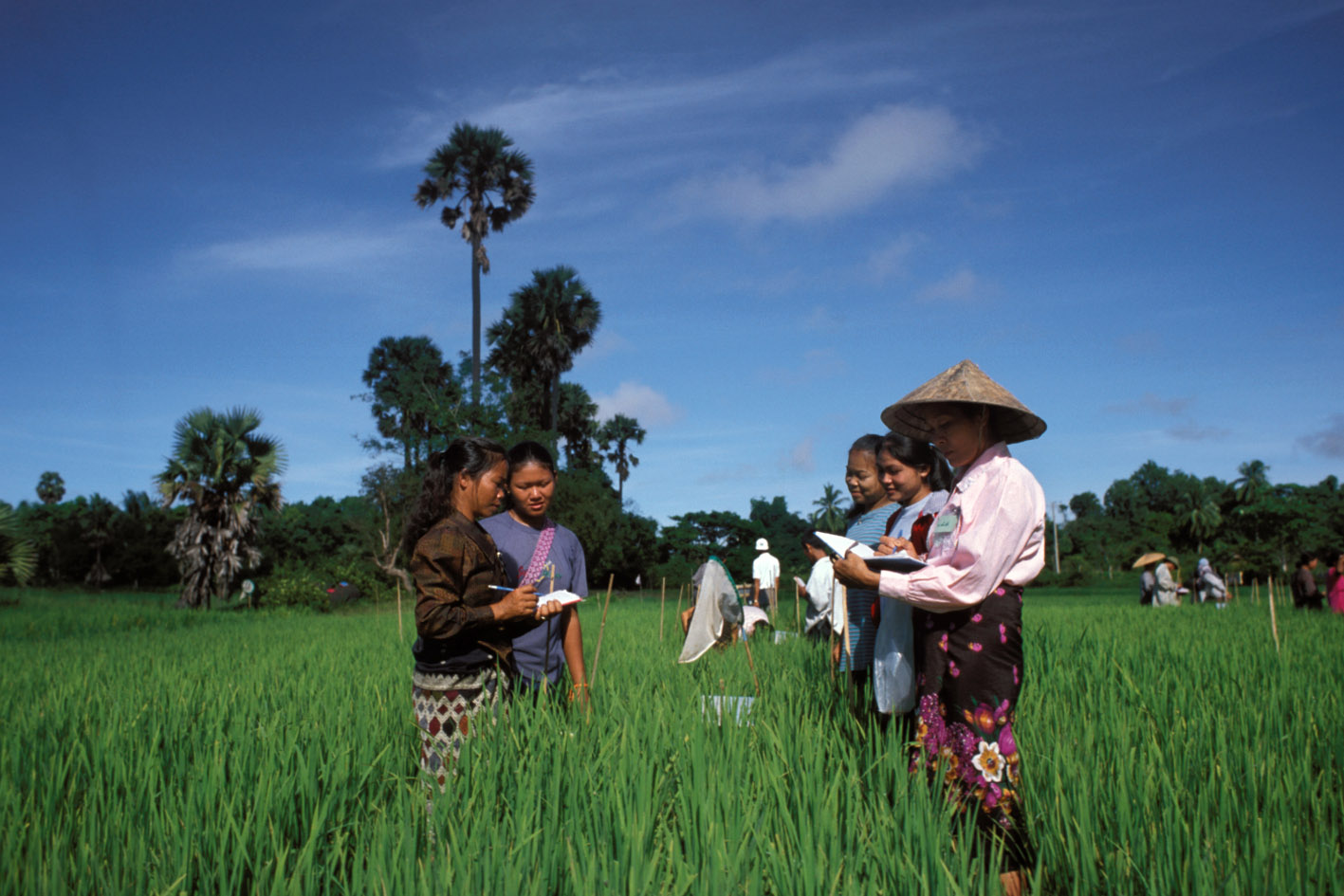Good Growth Plan, 2022
Kenya, 2021 - 2022
Get MicrodataIdentification
KEN_2021-2022_GGP-P_v01_EN_M_v01_A_OCS
Good Growth Plan, 2022
| Name | Country code |
|---|---|
| Kenya | KEN |
Agricultural Survey [ag/oth]
Syngenta is committed to increasing crop productivity and to using limited resources such as land, water and inputs more efficiently. Since 2014, Syngenta has been measuring trends in agricultural input efficiency on a global network of real farms.
The Good Growth Plan dataset shows aggregated productivity and resource efficiency indicators by harvest year. The data has been collected from more than 700 farms and covers more than 10 different crops in 7 African countries.
Sample survey data [ssd]
Agricultural holdings
Scope
Data was collected on the usage of inputs, such as crop protection products, chemical fertilizer, seeding rates, labor hours, machinery usage hours, and marketable crop yield on a per hectare basis.
Coverage
National Coverage
Producers and sponsors
| Name |
|---|
| Syngenta |
Sampling
A. Sample design
Farms are grouped in clusters, which represent a crop grown in an area with homogenous agro- ecological conditions and include comparable types of farms. The sample includes reference and benchmark farms.
B. Sample size
Sample sizes for each cluster are determined with the aim to measure statistically significant increases in crop efficiency over time. This is done based on target productivity increases and assumptions regarding the variability of farm metrics in each cluster. The smaller the expected increase, the larger the sample size needed to measure significant differences over time. Variability within clusters is assumed based on public research and expert opinion. In addition, growers are also grouped in clusters as a means of keeping variances under control, as well as distinguishing between growers in terms of crop size, region and technological level. A minimum sample size of 20 interviews per cluster is needed. The minimum number of reference farms is 5 of 20. The optimal number of reference farms is 10 of 20 (balanced sample).
No weighting.
Data collection
| Start | End |
|---|---|
| 2021 | 2022 |
- Computer Assisted Personal Interview [capi]
Data Access
| Is signing of a confidentiality declaration required? | Confidentiality declaration text |
|---|---|
| yes | The users shall not take any action with the purpose of identifying any individual entity (i.e. person, household, enterprise, etc.) in the micro dataset(s). If such a disclosure is made inadvertently, no use will be made of the information, and it will be reported immediately to FAO |
Micro datasets disseminated by FAO shall only be allowed for research and statistical purposes. Any user which requests access working for a commercial company will not be granted access to any micro dataset regardless of their specified purpose. Users requesting access to any datasets must agree to the following minimal conditions:
- The micro dataset will only be used for statistical and/or research purposes;
- Any results derived from the micro dataset will be used solely for reporting aggregated information, and not for any specific individual entities or data subjects;
- The users shall not take any action with the purpose of identifying any individual entity (i.e. person, household, enterprise, etc.) in the micro dataset(s). If such a disclosure is made inadvertently, no use will be made of the information, and it will be reported immediately to FAO;
- The micro dataset cannot be re-disseminated by users or shared with anyone other than the individuals that are granted access to the micro dataset by FAO.
The Good Growth Plan Progress Data - Productivity 2021-2022. Dataset downloaded from https://microdata.fao.org.
Disclaimer and copyrights
The user of the data acknowledges that the original collector of the data, the authorized distributor of the data, and the relevant funding agency bear no responsibility for use of the data or for interpretations or inferences based upon such uses
Contacts
| Name | Affiliation | |
|---|---|---|
| The Good Growth Plan team | Syngenta | [email protected] |
Metadata production
DDI_KEN_2021-2022_GGP-P_v01_EN_M_v01_A_OCS
| Name | Affiliation | Role |
|---|---|---|
| Office of Chief Statistician | Food and Agriculture Organization | Metadata producer |
